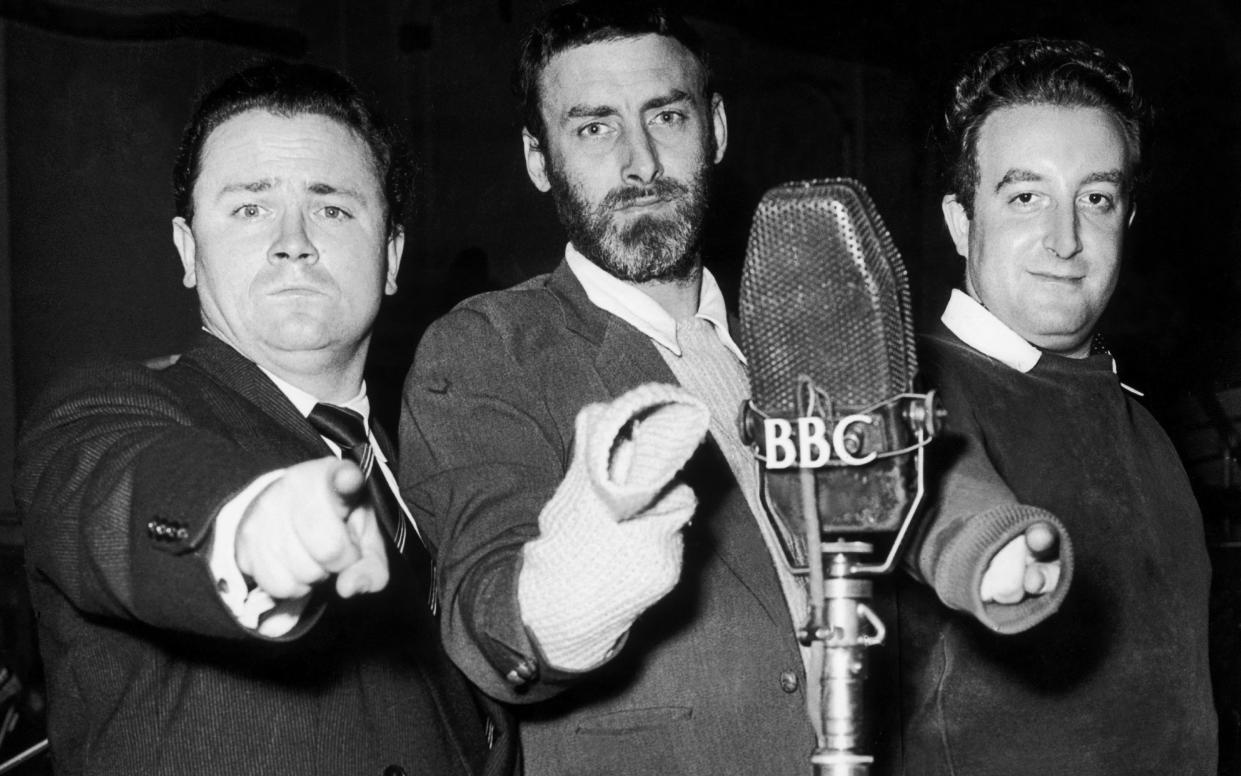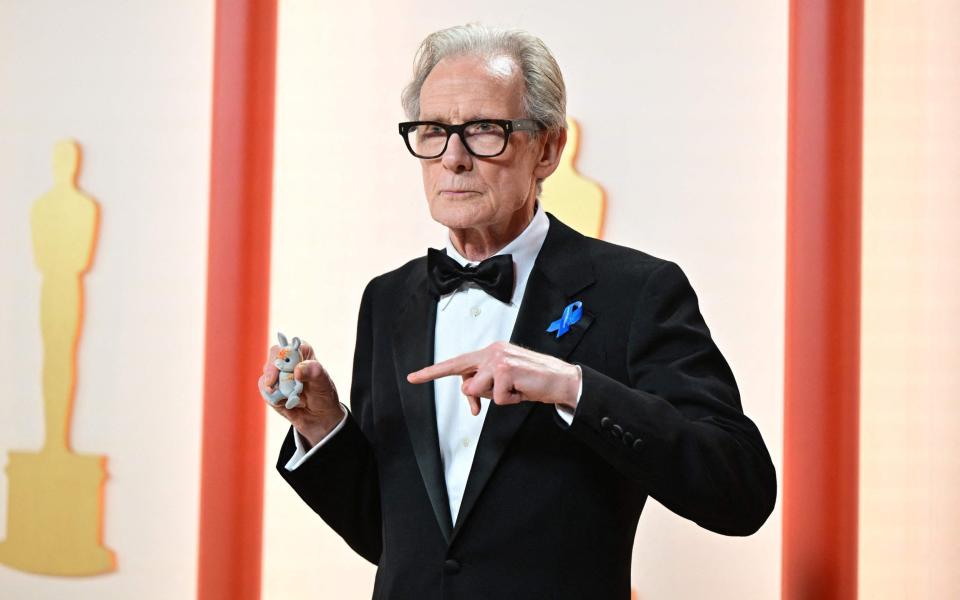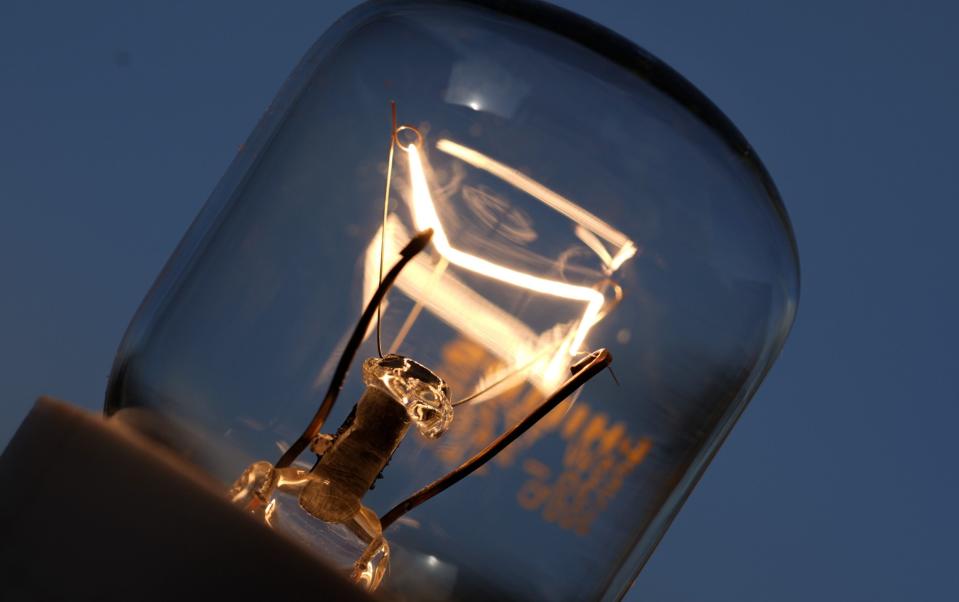British radio drama is the envy of the world – the BBC must commission more

- Oops!Something went wrong.Please try again later.
- Oops!Something went wrong.Please try again later.
- Oops!Something went wrong.Please try again later.
- Oops!Something went wrong.Please try again later.
The BBC served up a Christmas feast this past week, from Radio 3 contemplating plum puddings to Woman’s Hour devoting its full 60 minutes to the mystique of the Brussels sprout. But it was all trimmings and no turkey. Something was missing: a major, starry drama series to bring the whole family together around the wireless.
December has traditionally been the time for these. Think of Howl’s Moving Castle and The Princess Bride in 2021, or the previous decade’s run of Neil Gaiman fantasies. Next month is the 100th anniversary of the first proper radio drama, A Comedy of Danger; Radio 4 marked this with a 45-minute three-hander by AL Kennedy about the joy of audio drama.
Despite the dull synopsis – elderly divorcee Simon, nursing a flame for neighbour Joyce, reconnects with troubled grandson Ben over their shared love of sound – A Single Act (Radio 4, Boxing Day) turned out to be charming, funny and poignant, thanks to Kennedy’s zinging screwball dialogue, some playful sound effects, and a cast led by the infallible Bill Nighy.
Nighy is a godsend to Radio 4 – I’ve raved about his Charles Paris Mysteries in this column before – and his attachment to Auntie runs deep, as his introduction to the play made clear. “When I became an actor I was, as it were, apprenticed to BBC Radio drama,” he said. “It’s where anything that might be described as training took place.”
But that training ground is disappearing. According to trade association Radio UK, Radio 4’s drama output has been cut by 50 per cent in just five years, with comedy programming also slashed. Against that backdrop, the play seemed less a celebration than a eulogy.

Twenty years ago, radio plays existed only on the radio – aside from straight-to-CD efforts of a few small producers such as Big Finish, that admirable retirement home for old Doctor Whos. (Should that be old Doctors Who?) Today, there’s wealthier opposition. The Amazon-owned Audible recently gave us a downloadable David Copperfield – produced by Sam Mendes – with Ncuti Gatwa, Helena Bonham Carter, Jessie Buckley and Toby Jones.
In Kennedy’s play, Simon bonds with Joyce over a golden age of now-ancient comedies such as The Goon Show – still with us on BBC Sounds, as I learnt this week, rediscovering the joy of The International Christmas Pudding, “especially writted for the wireless” by Spike Milligan in 1955, in which Neddie Seagoon travels to Sudan on safari to hunt down a feral, man-eating portion of a great pudding “originally built at Alexandria in BC 2000… its fragments scattered the length and longth of the known world”.
It feels significant that Nighy’s character in A Single Act ends up making his own Goon Show-esque comedy series as an independent podcast. Perhaps that’s where you’ll find the Milligans and Nighys of tomorrow.
I grew up listening to Neddie Seagoon et al on an ancient Sony cassette Walkman. Sony no longer makes them, and on eBay one 1980s model is currently listed at £122 – partly due to nostalgia, partly because the new ones are rubbish. My 21st century off-brand replacement died after a couple of months. Half a billion “fast tech” products – the gadget equivalent of fast fashion or fast food – are sold each year; 90 per cent are thrown away within 12 months.

Why does technology keep getting flimsier and worse? Blame bulbs. Lighting is a shady business, as Shaun Keaveny revealed in his Incandescent: The Phoebus Cartel (Radio 4). With equal parts wry humour and righteous ire, he uncovered a 100-year-old plot to make things worse. It’s one of the most illuminating things I’ve heard this year.
In Gravity’s Rainbow (1973), Thomas Pynchon imagined a shadowy cabal of lightbulb-mongers called the Phoebus Cartel. They boosted profits by shortening their products’ lifespans, and were hell-bent on hunting down and destroying any long-lasting bulb. It’s typical of the zany conspiracy theories that Pynchon’s novels are peppered with – but this one happens to be true. The Phoebus Cartel existed.
Keaveny met an archivist who had uncovered a 1923 document marked “confidential”, revealing British bulb manufacturer BTH’s early ideas for planned obsolescence. On December 23rd of the following year, representatives of the world’s lightbulb manufacturers (including BTH) met in Geneva to form the cartel. It set up a lab in Switzerland for testing bulbs from around the world – just as Pynchon wrote – and fined companies whose wares broke their new lifespan limit.
Bulbs were once made to last. A bunch installed at a Manchester library in the 1920s were still glowing when they were taken down 90 years later. Pre-cartel, an incandescent bulb might work for 2,500 hours; post-cartel, it was down to 1,000. Call them the un-illuminati.
As it went on, the programme swerved into a wider meditation on planned obsolescence. “Everything has a shelf-life, including radio presenters,” Keaveny mused. It’s a pity the BBC decided Keaveny had outlasted his own best-before date in 2021, booting him off 6 Music after 14 years with the station. This fascinating documentary proved some old bits of kit are worth keeping.

